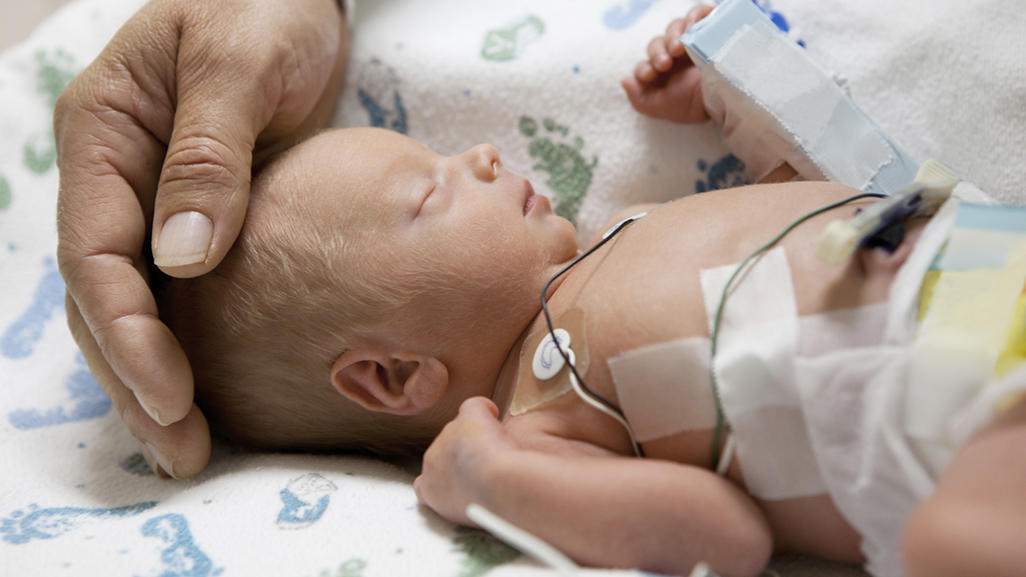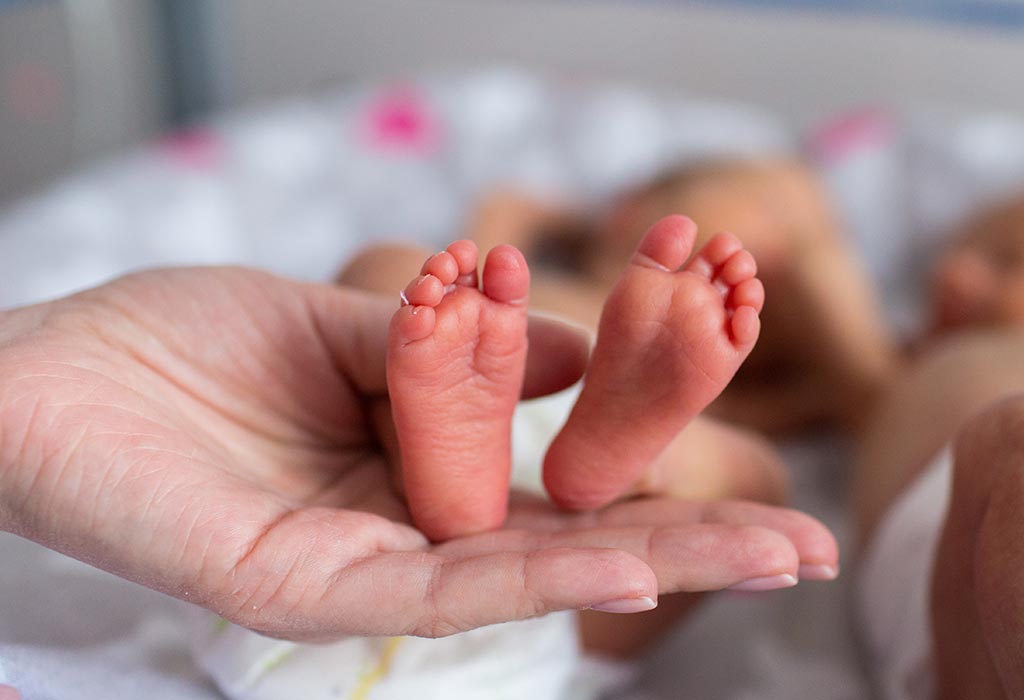Babies are probably the cutest creatures ever to exist, but we all know how much emotional and physical strength it takes to bring that little bundle of joy into the world. Many women feel pumped up and happy when they realise they are pregnant with their first child. However, this time frame is filled with countless fears and new experiences.
Women who face risk during their pregnancies feel more of these fears. A healthy pregnancy takes about 40 weeks. All soon-to-be mothers expect that they’ll give birth around this time, yet some mothers give birth at 30 or 31 weeks too.
A pregnancy at 30 or 31 weeks is deemed a preterm pregnancy. Hence the baby born is known as premature. Unlike a healthy pregnancy, the doctor will most likely enlighten you about loads of complications involved.
Therefore, this article will look at some of those issues that arise when a baby is born at 31 weeks.
Characteristics of a Premature Baby
It is quite clear that a baby born at 31 weeks is weaker, frail, and at a higher risk of getting infected with diseases than a baby born at 37 or 40 weeks.
A premature baby will weigh somewhere around 4 to 5 pounds, whereas a healthy baby weighs at least 6 to 8 pounds. The baby will be smaller in size and look pretty slim, but they will be gaining weight over the next few weeks.
Moreover, a premature baby is most likely to have underdeveloped organs, require special care, and sleep a lot to grow and preserve their tiny amount of energy. It is important to note that each baby born at 31 weeks will have its own sets of challenges for which the parent or parents must be prepared.
However, the good news is that medical science has advanced enormously, which means there are more options and countless ways to ensure the survival of a premature baby. Thus, as a parent, you must be patient with the process.
Causes behind Premature Birth
About 11.5% of babies born worldwide are born prematurely. In addition to that, there have been many speculations as to why babies are born prematurely. However, the causes remain unknown for the most part. Premature pregnancy can occur spontaneously, or there could be medical issues that may cause this to happen.
Some of the causes as to why a woman gives birth prematurely could be having a poor and unhealthy diet during or before pregnancy, going through a severe medical condition such as diabetes, heart problems and high blood pressure.
Other causes of a premature pregnancy could be heavy smoking, issues regarding the placenta or cervix, in-taking drugs and unlimited amounts of alcohol, and lastly, stress that can mess up with one’s mental and physical health.
Problems Regarding Premature Birth
When it comes to problems regarding premature birth, there can be both short and long term complications. However, it is crucial to have looked at the overall difficulties. A premature baby doesn’t need to be sick. Though they are born earlier, they can still live normal, healthy lives if provided with special care.
Overall, premature babies look different from normal babies. For example, their skin will most likely appear translucent, their head may be larger than the rest of the body, and they might have fine hair known as “lanugo” over their bodies.
A few of the short term complications are as stated below:
Breathing Problems
One of the most common problems with premature babies is the breathing problem. Since the lungs don’t develop until about 36 weeks, a baby born any time before that would need help with their breathing.
In some cases, these babies need extra oxygen, and they might need the aid of a ventilator to stabilise their breathing levels. Premature babies are also at the risk of developing a lung disorder known as Bronchopulmonary Dysplasia.
Temperature Problems
Frequently, premature babies have a hard time maintaining their body temperature due to a lack of body fat. The brain section that controls the temperature isn’t fully developed yet. Thus they are at risk of hypothermia.
To counterattack the risk of such problems, premature babies are kept in incubators until they learn how to control their body temperature.
Jaundice
Jaundice is also a problem that occurs commonly in premature babies. Jaundice strikes when there is an excess buildup of bilirubin in the baby’s bloodstream. This causes the baby’s skin and the whites of their eyes to become yellow. Asides from jaundice, premature babies can also develop anaemia.
More short term problems include heart problems, immune system problems, metabolism problems, brain problems and a few more.
Long term complications include hearing problems, chronic diseases, dental problems, behavioural/psychological problems, learning difficulties, and overall development problems.
Treatment Plans
If the baby is born at 30 or 31 weeks, they’ll be kept in the neonatal intensive care unit (NICU). If the baby has temperature problems, an incubator will help them stay warm. It is also possible that the baby will constantly have its vitals checked.
For breathing problems, the doctor will put the baby on the ventilator to compensate for issues while swallowing; they will require a feeding tube by either their stomach or nose or by both mediums. In addition, there may be a drop in your baby’s blood volume; hence they’ll be given a blood transfusion.
As for the medications, the doctor might give the baby medication for the heart, lungs and other organs depending on the symptoms. If the newborn’s condition is terrible, they might need to undergo any medical surgery recommended by the doctor.
Conclusion
In conclusion, it is essential to realise that premature babies and preterm pregnancies are normal and shouldn’t be a sign of worry until there are dangerous complications.
There may be some challenges and times where issues regarding your little one may put you in a difficult position, but remaining steadfast will do wonders. The survival rate of premature babies is almost 90%; therefore, as long as you follow your doctor’s advice, your baby will be just fine and go on to live a healthy life.



Recent Comments